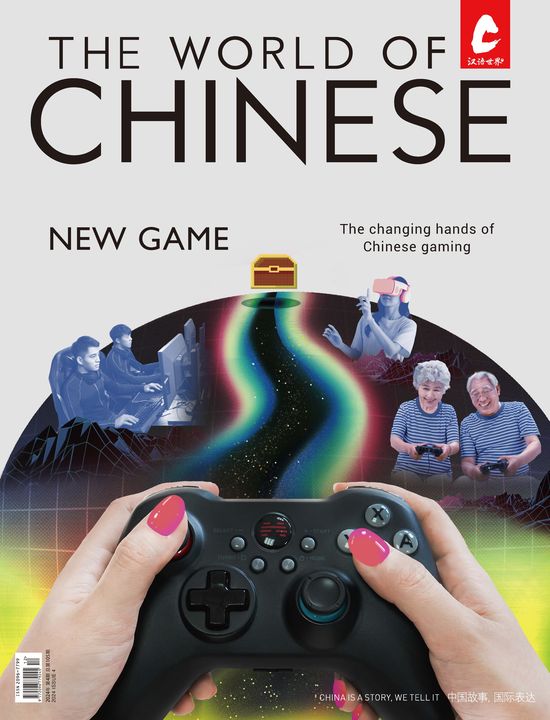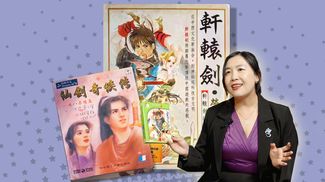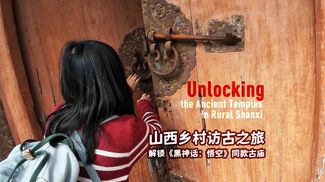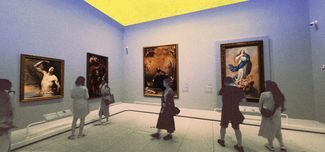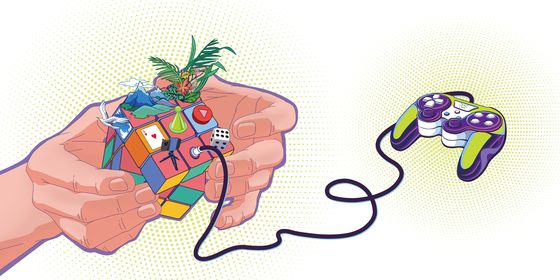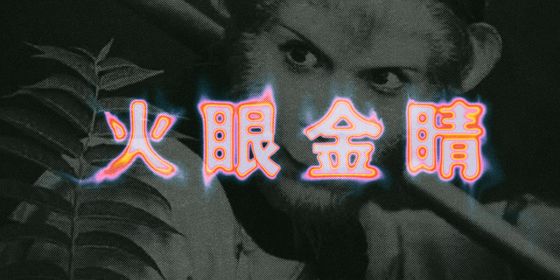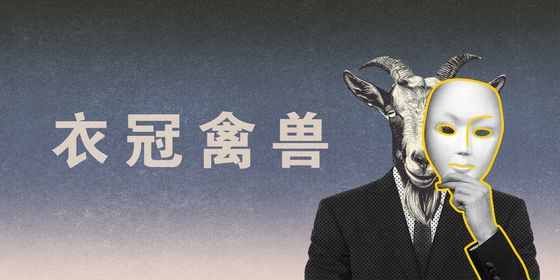Idioms for the exploiters and exploited
Choice Chengyu is a regular column, examining interesting, unique or newsworthy examples of chengyu—four-character idioms or proverbs, derived from historical and mythical events.
Fighting corruption is a global concern. In 2003, the General Assembly of the United Nations set Decemeber 9 as the International Anti-Corruption Day in order to raise wide awareness of this problem.
In China, corruption has been an issue of great importance throughout the history. Some ancient incorruptible officials are still remembered today as an example for today’s civil servants. Meanwhile, the gigantic anti-corruption campaign has triggered computer games, affected many indutries in unexpected ways, and even led some cautious government officials to accept only books as wedding gifts.
Today, let’s have a look at some chengyu describing corruption. You may find them useful next time this topic inevitably comes up in the news:
贪官污吏 Corrupt officials and filthy clerks
It’s a generic term implying that a government is full of corruption:
In ancient society, there was no end of corrupt officials.
Zài jiù shèhuì, tānguān-wūlì duō rú niúmáo.
在旧社会,贪官污吏多如牛毛。
中饱私囊 Divert public money to one’s private purse
Literally, 中饱 means “full in the middle.” This chengyu originates from a story in the Legalist book Han Fei Zi, in which Bo Yi, a famous wise man of the Wei state in the Warring States Period says to the ruler of the Jin state, Zhao Jian Zi: “The middle of your country is full up.” Mistaking this for a compliment, the ruler asked Bo Yi to explain. Bo Yi answered: “At the top, the national treasury is depleted; at the bottom, the ordinary people are hungry. Only the corrupt officials [in the middle] are rich.”
The only thing he thinks about is how to divert public money into his own purse.
Tā jiù zhǐ xiǎngzhe zěnyàng zhǒngbǎo-sīnáng.
他就只想着怎样中饱私囊。
卖官鬻爵 Sell official posts and titles
A rampant form of corruption in ancient China involved officials selling their posts and titles for profit. This is now another generic metaphor for political corruption:
In order to accumulate more wealth, people of high ranks began to sell official posts and titles.
Wèile sōuguā gèngduō de cáifù, zhè xiē dáguān-guìrén kāishǐ màiguān-yùjué.
为了搜刮更多的财富,这些达官贵人开始卖官鬻爵。
贪赃枉法 Take bribes and bend the law
This chengyu means exactly what it says:
The man became notorious for his perversion of justice after taking bribes.
Cǐrén tānzāng-wǎngfǎ, shēngmíng-lángjī.
此人贪赃枉法,声名狼藉。
政以贿成 Effecting policies only through bribery
Originated from the Zuo Zhuan, a book recording the history of the Spring and Autumn Period, this chengyu describes a corrupt bureaucratic system in which work only gets done after bribes have change hands. It’s usually used in writing only.
苛捐杂税 Exorbitant taxes and levies
Corrupt officials often milk the people dry with multifarious and onerous taxes:
If they don’t pay those exorbitant taxes, they will be put into prison.
Tāmen rúguǒ bù jiāo zhèxiē kējuān-záshuì, jiù huì bèi zhuā jìn jiānyù.
他们如果不交这些苛捐杂税,就会被抓进监狱。
民脂民膏 The flesh and blood of people
Often, corrupt officials’ biggest crime is exploiting the hardworking populace, as this chengyu describes:
Those corrupt officials fattened themselves by drinking the people’s life-blood.
Nàxiē tānguān sōuguā mínzhī-míngāo yǎng féi le zìjǐ.
那些贪官搜刮民脂民膏养肥了自己。
Cover image from VCG
